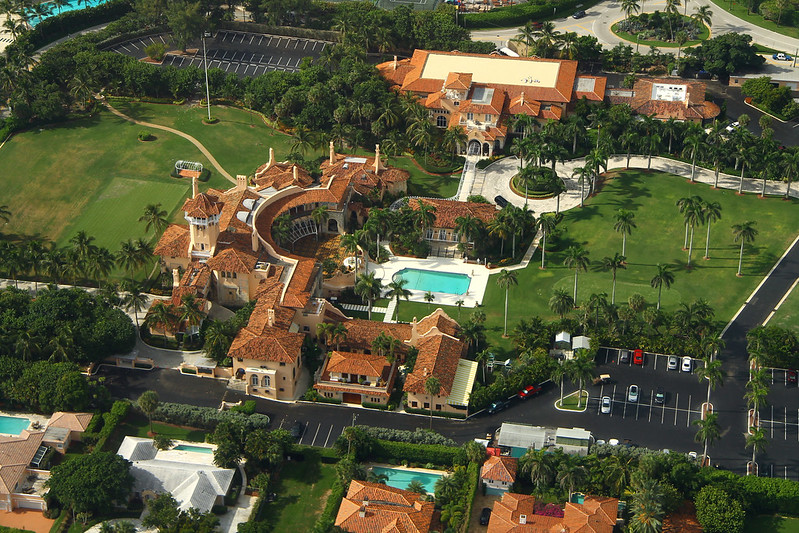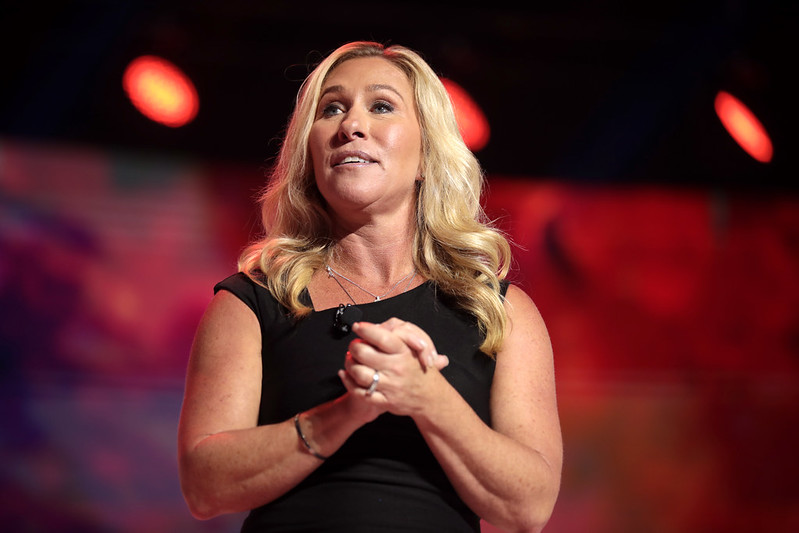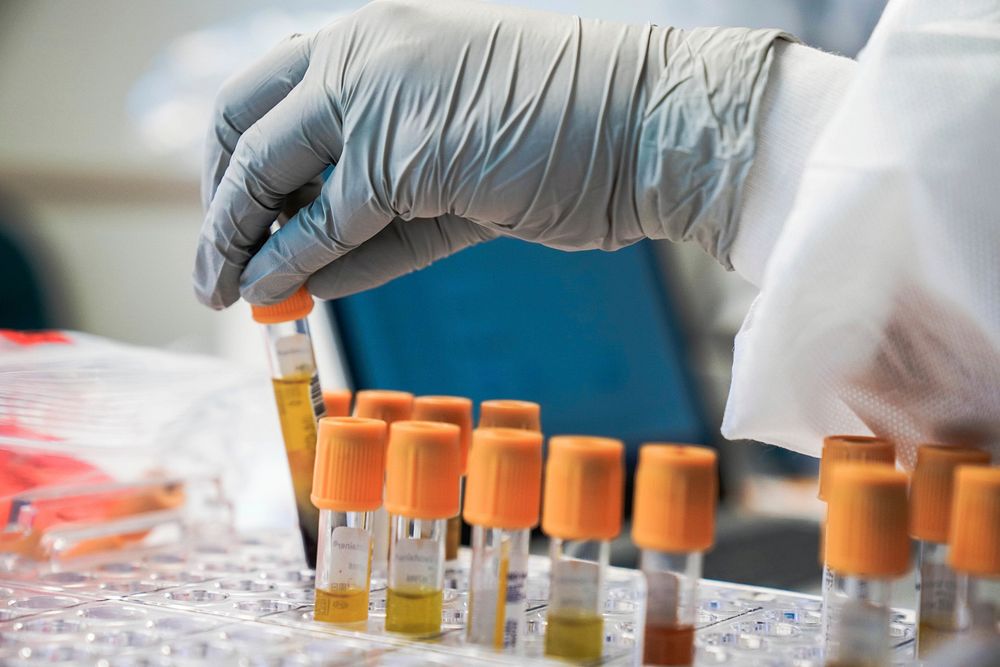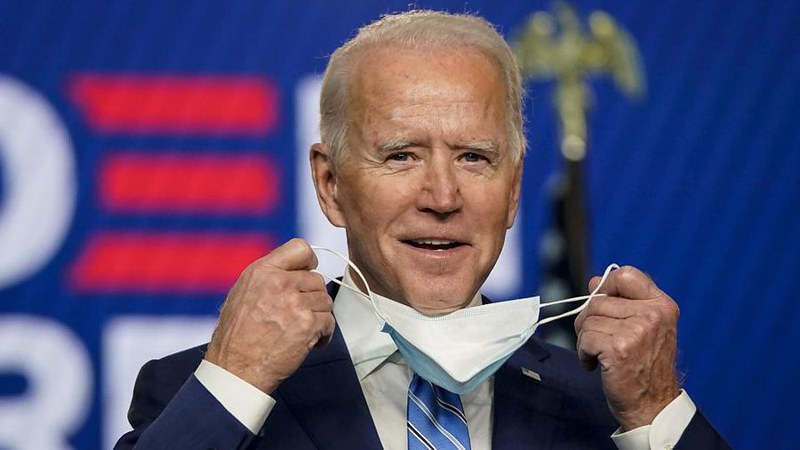An Army whistleblower has spoken out on decisions made by three Army generals in the Pentagon on January 6, 2021, which resulted in a three-hour delay in the D.C. National Guard's response to Capitol Hill protesters.
His testimony, along with testimony from Command Sgt. Maj. Michael Brooks, the DCNG’s senior enlisted advisor; Capt. Timothy Nick, a DCNG aide-de-camp; and Brig. Aaron Dean, the DCNG adjutant general, will be heard Wednesday at a congressional hearing titled “3 Years Later: D.C. National Guard Whistleblowers Speak Out on Jan 6 Delay.”
All of the men were eyewitnesses to the Pentagon's delay in the National Guard's J6 response, according to Col. Earl G. Matthews, an Army JAG who will testify, and who served that day as the senior legal advisor to D.C. National Guard Commanding General Maj. Gen. William J. Walker.
According to a Capitol Hill source, the subcommittee, led by Rep. Barry Loudermilk (R.-GA), is concentrating on the events following President Trump's approval of mobilizing the District of Columbia National Guard to assist local law enforcement on January 3, 2021.
On the day following Trump's authorization of the National Guard, Acting Defense Secretary Christopher Miller issued a memorandum to Army Secretary Ryan McCarthy, granting him the authority to provide support to local law enforcement under the Defense Support of Civil Authorities regime.
When McCarthy sent Walker a memorandum on January 5, 2021, he imposed two significant restrictions on the National Guard. Firstly, he withheld Walker's authority to deploy the quick reaction force. Secondly, he mandated that the DCNG submit a detailed plan before seeking his authorization to take action.
Matthews stated that the three generals who delayed the DCNG’s J6 deployment were Army Staff Director Lt. Gen. Walter A. Piatt, Deputy Chief of Staff for Operations Lt. Gen. Charles A. Flynn, and Chairman of the Joint Chiefs of Staff Gen. Mark A. Milley.
Capitol Police Chief Steven Sund contacted Walker, the DCNG's commanding general, at 1:49 p.m., requesting assistance, and the Capitol was breached at 2:12 p.m.
Miller approved sending the National Guard to Capitol Hill around 3 p.m. However, interference from the generals and others delayed the Guardsmen from arriving until after New Jersey State Police troopers had already arrived, just before 6 p.m.
The obvious concerns of the committee revolve around the absence of the D.C. National Guard, which had demonstrated commendable performance during the disturbances of the summer of 2020, during the turmoil of that day.
Loudermilk's hearing complements Rep. Pete Sessions (R-TX)'s investigation into the organization of military and national security personnel ‘against’ Trump at Georgetown University.













